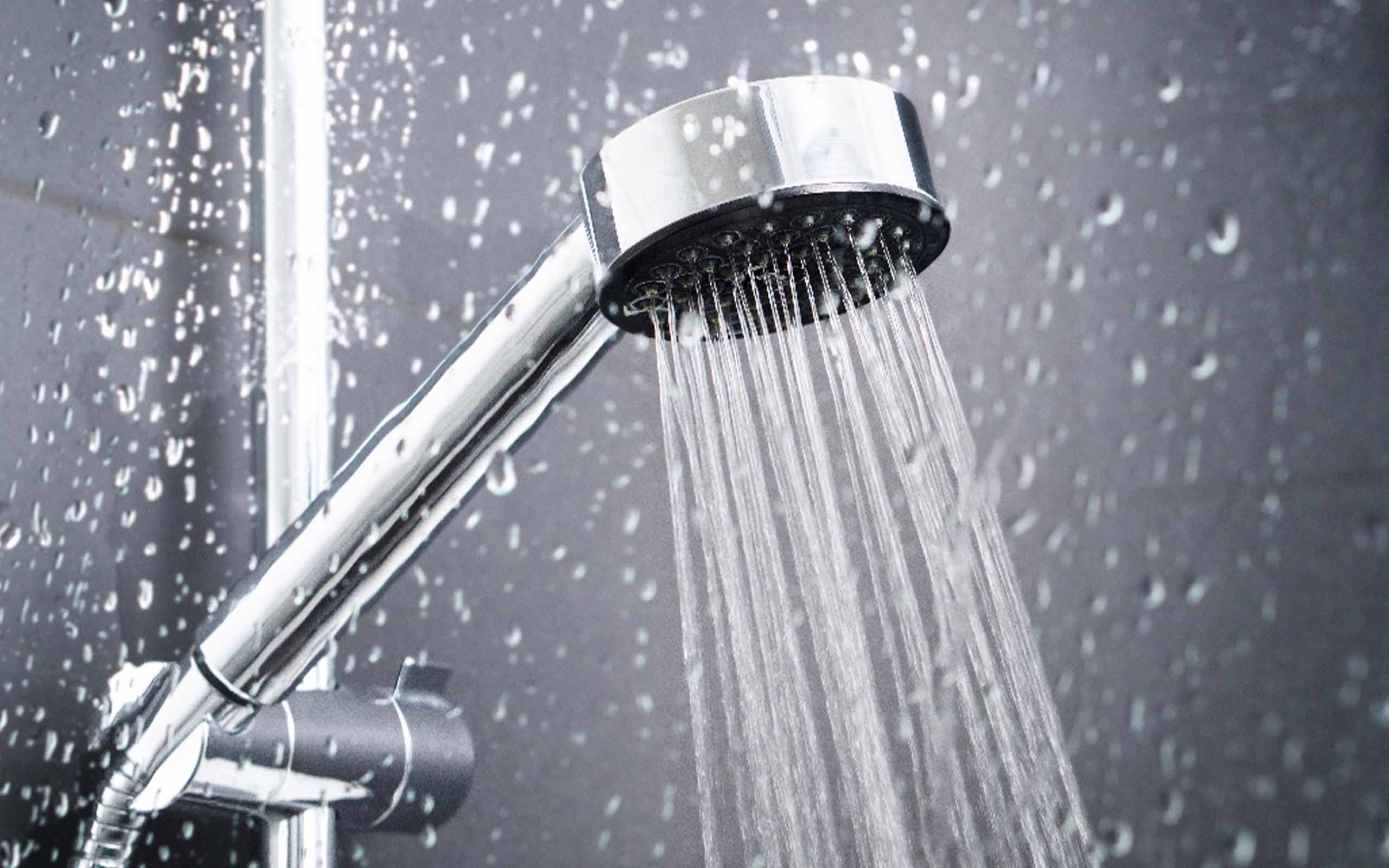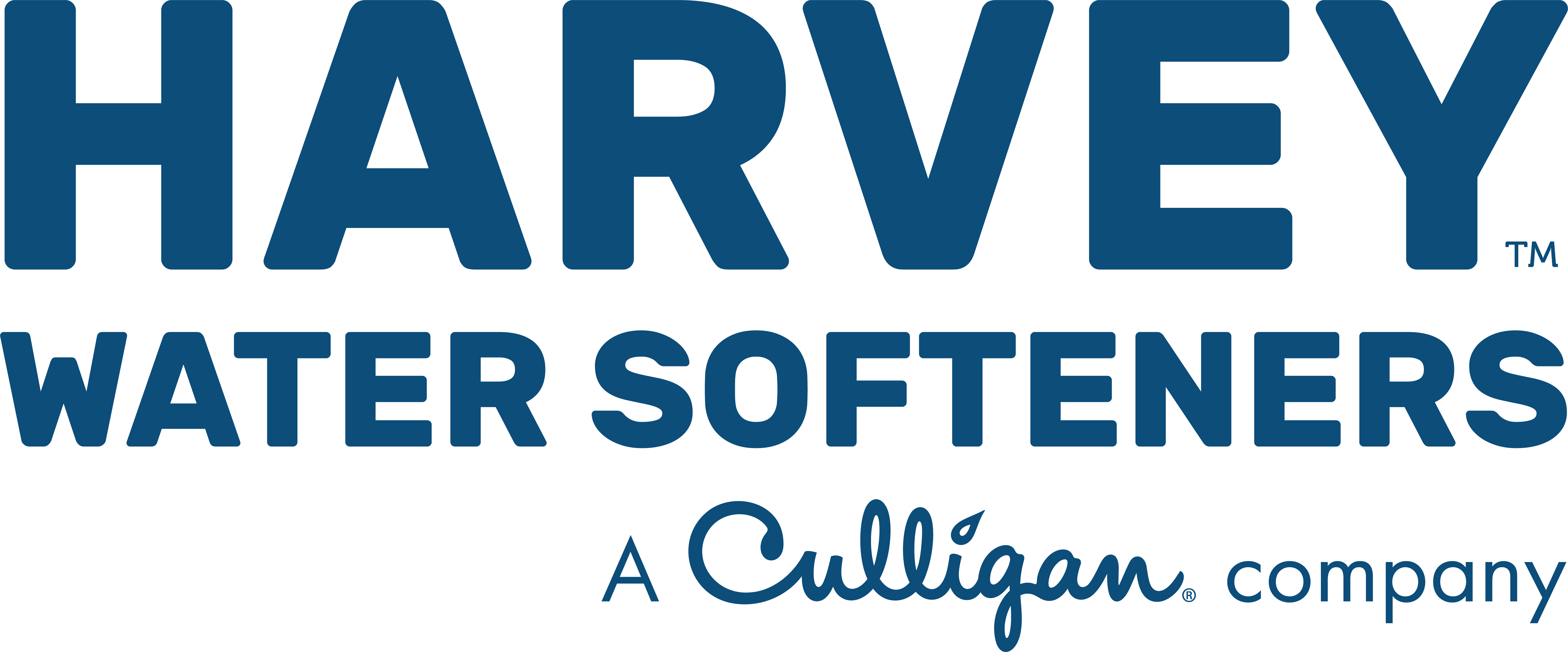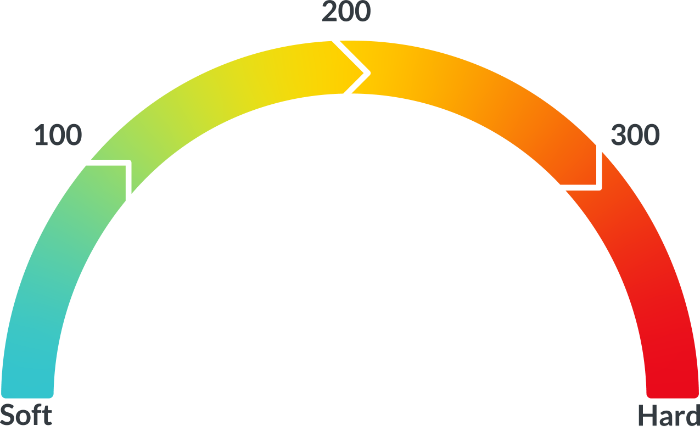
According to official advice, we should be cleaning our shower head once every three months as a minimum. But according to a survey of 2,000 homeowners, one in three of us fails to meet that – with a further one in seven admitting to never cleaning them at all!
Why is cleaning a shower head so important?
Cleaning your shower head is an important part of a home care routine because the bacteria that can build up in any warm and wet areas have the potential to include nasty bugs that can make us ill.
One such disease that can breed in a dirty shower head is legionnaires’, which is a serious lung infection caused by the bacteria legionella.
In a study published in the International Journal of Hygiene and Environmental Health, researchers investigated homes in some of the hardest water areas of the South East of England and found 6% of household showers tested had signs of bacteria links to legionnaires’ disease.
Fortunately, cleaning a shower head is a simple task and can be achieved with household ingredients like vinegar. Of course, investments in water treatments like water softeners can also help by reducing limescale build up at its source, while cleaning more frequently (and at least within the recommended four times a year) will ensure showers stay cleaner and safer for longer.
How to clean your shower head
- Remove the shower head from the hose and soak it in warm water and white vinegar; this will dislodge the worst of the limescale build up – if it’s not possible to remove, you can soak a cloth in warm water and vinegar and hold that against the shower head
- Take a soft bristled toothbrush or a Minky Cloth (a favourite of Mrs Hinch) to gently rub the shower head and remove the dislodged limescale
- Repeat if necessary
- Rinse and re-install your shower head, being careful to replace any rubber washers
- Give the whole shower a rub down with your Minky Cloth, getting behind the taps and around the knobs for a sparkling result
Of course, prevention is better than cure; in a recent survey of 2,000 homeowners, 85% said that installing a water softener in their home removed limescale and therefore significantly reduced the amount of time they spent cleaning. Find out if your home would benefit from a water softener here.
Who’s the worst at cleaning their shower head?
Our research also looked at the breakdown by region to show which areas of the UK are most guilty of failing to clean their shower head enough. The results can be seen in the table below – how does your areas compare?
| Region | Percentage who clean their shower head enough (i.e. at least every 3 months) | Percentage who do not clean their shower head enough (i.e. every 6 months or more) | Percentage who never clean their shower head |
| East of England | 58.06% | 29.03% | 12.90% |
| London | 62.11% | 26.95% | 10.95% |
| South West | 45.40% | 39.08% | 15.52% |
| South East | 54.65% | 30.91% | 14.44% |
| East Midlands | 58.70% | 21.74% | 19.57% |
| West Midlands | 62.50% | 0.00% | 37.50% |
| Yorkshire and the Humber | 100.00% | 0.00% | 0.00% |
Click here to learn more about how limescale can affect your home and your family’s health today.

